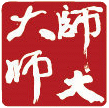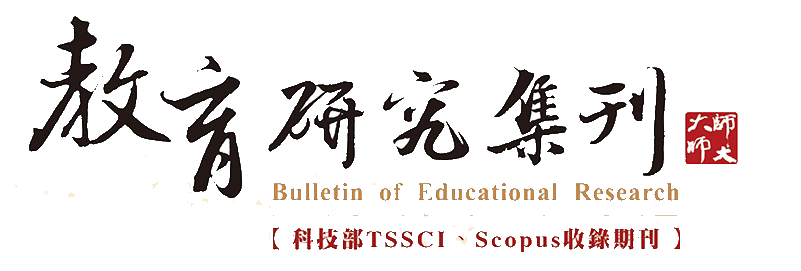| 篇名 | |
|---|---|
| 並列篇名 | A Total Inspection of College Student Learning Outcomes: Capstone Courses as Summative Courses |
| 作者 | 符碧真 |
| 中文摘要 | 第二輪大學系所評鑑及中華工程教育學會的國際認證都強調學習成果導向,然如何檢驗學習成果,各系所莫不苦思解決之道。「總結性課程」被視為檢驗學習成果最典型的方式。本文旨在探討:一、總結性課程是學習成果總檢驗的好方法嗎?二、總結性課程要發揮功效,需有哪些配套措施?結果指出,總結性課程的初衷在幫助學生達到統整、收尾、反思、銜接的功能,而學生最後產出的學習成果展現系所的教學成效,順勢檢驗核心能力達成程度,故同時被視為大學學習總檢驗真實可靠、有效果、高效率的方法。其次,學生學術準備度是總結性課程成敗的關鍵,系所宜系統性規劃課程,使學生具備紮實的學術基礎後,總結性課程才能發揮功效。對於總結性課程這個新概念,希望拋磚引玉,引發更多討論,以於實踐時更臻完善。 |
| 英文摘要 | Student learning outcomes have been gradually emphasized in university program evaluation and IEET’s accreditation. Every program is striving to determine the best way to assess student learning outcomes. Capstone courses have been viewed as a typical assessment of learning outcomes. This study investigated if capstone courses are an appropriate method to evaluate student performance, and searched for relevant measures to make capstone courses work. The results showed that capstone courses not only help students with integration, closure, reflection and transition, but also serve as an authentic, effective and efficient way of summative evaluation for student learning outcomes. Moreover, a systematic restructure of university curriculum, including implementation of prior cornerstone and keystone courses, is necessary to make capstone courses work successfully. Since capstone courses are an imported idea, the present article hoped to provoke more discussions on this issue, thus making future implementation of capstone courses more smoothly. |
| 起訖頁 | 031-067 |
| 關鍵詞 | 合頂石、學習成果、總結性評量、總結性課程、capstone course、learning outcomes、summative evaluation、summative course |
| 刊名 | 教育研究集刊 |
| 期數 | 201703 (63:1期) |
| 出版單位 | 國立臺灣師範大學教育學系 |
| DOI | 10.3966/102887082017036301002 複製DOI |
| 該期刊-上一篇 | 寧為雞首,不為牛後?班級排名對個人學業能力的影響 |
| 該期刊-下一篇 | 縣市教育資源對學習共同體擴散影響之研究 |








